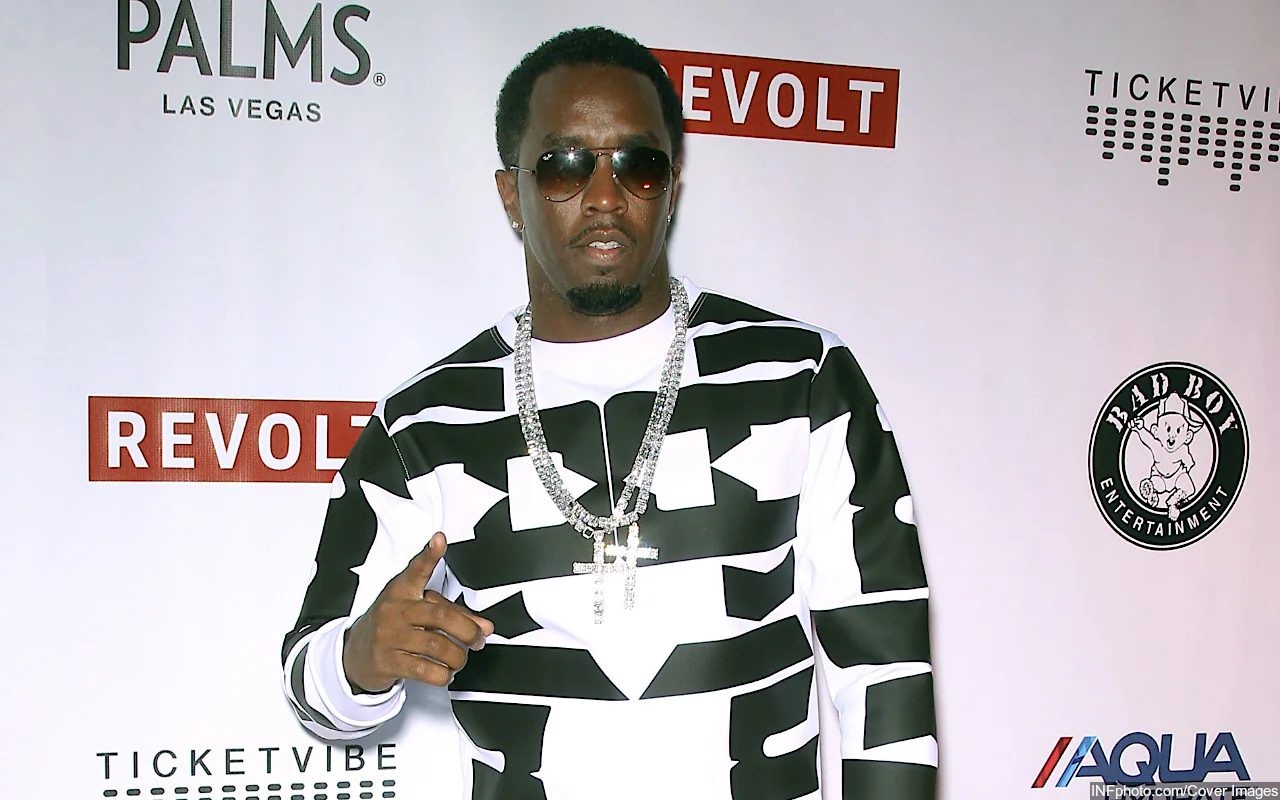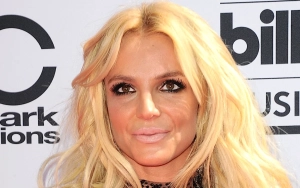
The plaintiff, identified as Jane Doe in the lawsuit, claimed that she was 'sex trafficked' and 'gang raped' by Diddy, former Bad Boy Records president Harve Pierre and another man in 2003 when she was 17 and Diddy was 34.
- Mar 1, 2024
AceShowbiz -
One of Sean "P. Diddy" Combs' accusers can no longer remain anonymous. A federal judge ruled on Thursday, February 29 that a woman suing the emcee for alleged "sex trafficking" and "gang rape" must reveal her identity if the case proceeds.
The judge acknowledged that unveiling the accuser's identity "could have a significant impact on her" due to the "graphic and disturbing allegations in this case." However, the woman reportedly had failed to prove that she could proceed anonymously.
"While the court does not take plaintiff's concerns lightly," Judge Jessica G. L. Clarke wrote, "the Court cannot rely on generalized, uncorroborated claims that disclosure would harm plaintiff to justify her anonymity."
The judge went on to note that Kevin Spacey and Harvey Weinstein's accusers in previous cases had also been denied anonymity. The judge said allowing cases to proceed under a pseudonym in the U.S. court system was "the exception and not the rule."
Still, the accuser's identity will not be disclosed until after the judge rules on Diddy's pending motion to dismiss the lawsuit. It remains to be seen when that ruling might come.
The plaintiff, identified as Jane Doe in the new lawsuit, claimed in her lawsuit that she was "sex trafficked" and "gang raped" by Diddy, former Bad Boy Records president Harve Pierre and another man in 2003 when she was 17 and Diddy was 34. For the case, the plaintiff hired attorney Douglas Wigdor, who represented singer Cassie when she sued her ex Diddy for the same accusations.
Diddy denied the allegations. The hip-hop mogul and his lawyers insisted that the lawsuit should be barred because the Victims of Gender-Motivated Violence Act (GMVA) under which it was brought is purportedly "unconstitutional." They noted, "Allowing this action to proceed violates defendant's rights under the U.S. Constitution and the New York State Constitution."









